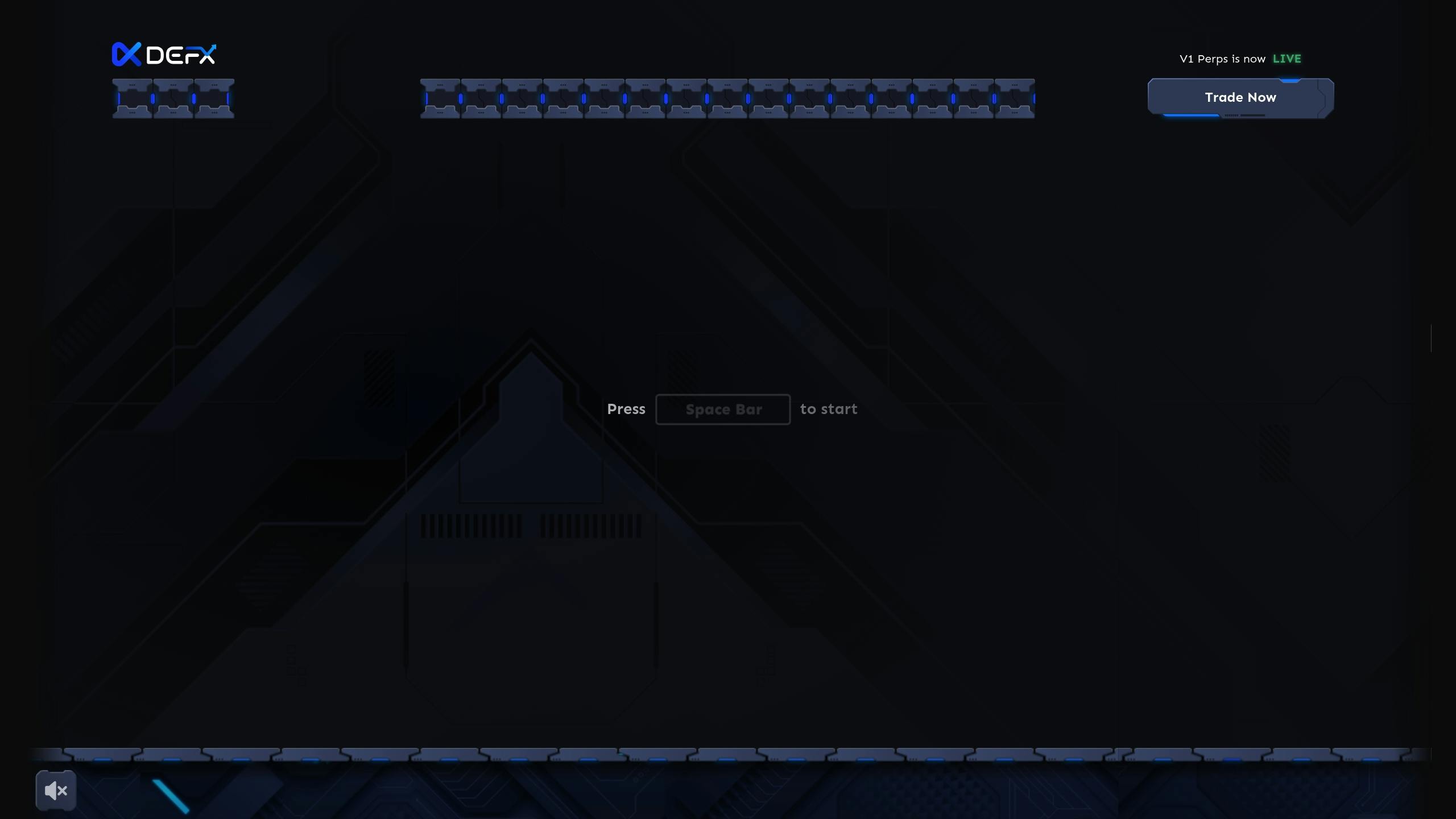How to avoid revenge trading
Learn effective strategies to prevent revenge trading and maintain emotional control for more disciplined trading success.

Revenge trading happens when emotions take over after a loss, leading to impulsive and risky decisions. It’s common among traders and can result in even bigger losses. To avoid revenge trading:
- Recognize the signs: Emotional decision-making, ignoring strategies, or placing oversized trades.
- Stick to a plan: Use clear trading rules, stop-loss orders, and risk management.
- Take breaks: Step away after losses to regain focus.
- Manage emotions: Reduce stress through breaks, healthy habits, and keeping a trading journal.
5 Trading Psychology Tips to Stop Revenge Trading
Signs of Revenge Trading
Understanding the signs of revenge trading can help you avoid emotional decisions that might harm your portfolio.
What Causes Revenge Trading
Revenge trading stems from emotional triggers and unexpected market events. It often follows significant losses, stopped-out positions, or missed opportunities . These situations can lead to impulsive reactions.
Trading psychologist Brett Steenbarger explains:
"Revenge trading is caused by wrath as you are angry that you lost and have the lust to make it all back quickly."
This emotional response grows stronger when traders face sudden market reversals or see their carefully planned strategies fail, causing them to abandon their usual trading approach.
Warning Signs to Watch For
Certain behaviors can signal revenge trading:
- Emotional Decision-Making: Acting out of anger or frustration instead of relying on analysis.
- Ignoring Strategies: Disregarding established trading rules and risk limits.
- Over-Sized Trades: Placing larger-than-usual trades in an attempt to recover losses quickly.
These patterns often lead traders to view the market as something to "defeat" rather than as a place for thoughtful investment. Recognizing these tendencies is crucial because they undermine risk management.
Effects on Trading Safety
Revenge trading often violates essential risk management practices. When emotions take over, traders may:
- Skip stop-loss orders.
- Use excessive leverage without proper analysis.
- Execute rapid trades without evaluating market conditions.
Such actions can lead to devastating losses. Brett Steenbarger emphasizes the importance of self-awareness in these moments:
"To become aware of what is happening, a trader needs to be self-aware. He/she needs to be aware first and step back from the screen and assess the situation. A trader needs an objective view of the situation to be able to rectify the revenge trade and its consequences."
How to Stop Revenge Trading
Avoid revenge trading by sticking to clear rules and staying disciplined. Here are some practical steps to help you trade with control and avoid impulsive decisions.
Establish Clear Trading Rules
Having a set of rules can shield you from emotional choices. Your trading plan should outline:
- Maximum position size to control risk.
- Risk-reward ratios to ensure balanced trades.
- Market conditions that align with your strategy.
- Entry and exit rules to provide clear guidance.
Use Stop-Loss Orders
Stop-loss orders are essential for staying disciplined and avoiding emotional trades. On decentralized exchanges, they can automatically close losing positions, removing the temptation to hold on too long .
Here’s how to use stop-loss orders effectively:
- Decide on your maximum acceptable loss before entering any trade.
- Set stop-loss orders immediately after opening a position.
- Stick to your stop-loss levels – don’t adjust them unless it’s part of a pre-planned strategy.
- Try trailing stops to lock in profits while allowing successful trades to grow.
Take Breaks After Losses
If you’ve experienced losses, stepping away from trading can help you regain focus. Here’s what to do:
- Take a break of 24-48 hours to clear your mind.
- Analyze your strategy with a calm, objective mindset.
- Engage in other activities to reset mentally.
- When you return, trade smaller positions until you feel confident again.
sbb-itb-dd9e24a
Managing Trading Emotions
Sticking to strict trading rules and maintaining discipline is crucial, but keeping emotions in check is just as important for consistent success. Emotional control helps avoid revenge trading and keeps performance steady. In fact, 73% of active traders report experiencing stress-related symptoms during periods of market volatility .
Reduce Trading Stress
Keeping stress in check is key to staying focused and making sound decisions. Traders who follow strict risk parameters tend to achieve consistent profitability 78% of the time . Here’s how you can manage stress effectively:
- Take mindful breaks: Regularly step away from trading to avoid burnout.
- Prioritize your health: Get enough sleep and exercise regularly to keep stress levels down .
- Use smart position sizing: Apply the 1-2% rule to protect your capital and improve win rates .
By reducing stress, you’ll be better equipped to analyze losses and refine your strategy.
Learn from Trading Losses
Losses are inevitable, but approaching them constructively can turn setbacks into valuable lessons. Traders who keep detailed journals report 65% less anxiety during volatile markets . To make the most of your losses:
- Write down emotional triggers, review your performance, and analyze trades to uncover patterns.
- Track key metrics like win rates and risk-to-reward ratios to guide future improvements.
A focus on learning from losses helps you build a more solid and informed trading approach.
Focus on Long-Term Results
Thinking beyond short-term outcomes can prevent impulsive decisions. Traders with realistic expectations feel 45% less stress during market downturns .
Here’s how you can structure your time horizon:
- Daily: Stick to your trading plan.
- Weekly: Review your performance.
- Monthly: Assess the effectiveness of your strategy.
- Quarterly: Reevaluate your risk management approach.
Seeking guidance from experienced mentors can also make a big difference. Traders who work with mentors for six months or more report a 60% drop in trading-related anxiety . A mentor’s insights can help you stay focused on sustainable practices rather than chasing short-term wins.
Tools to Improve Trading Discipline
Having the right tools can play a big role in helping traders stay disciplined and avoid emotional decisions like revenge trading. Modern tech provides plenty of options to help you stick to your strategy and maintain focus.
Keep a Trading Journal
A trading journal is a great way to promote discipline and cut down on emotional trades. Here’s how to make it work for you:
- Document everything: Record both the technical details of your trades and your emotional responses in separate sections. Do this right after each trade to capture the moment.
- Review regularly: Go over your entries daily to spot patterns, understand triggers, and refine your strategies.
Pair this with portfolio tracking tools to get a clearer picture of your trading habits and avoid impulsive moves.
Track Portfolio Performance
Tracking your portfolio gives you an objective look at your progress. It keeps you grounded and helps you avoid rash decisions. There are plenty of tools to choose from, depending on your needs. For example, Kubera tracks nearly $30 billion in assets .
| Tool | Best For | Features | Price |
|---|---|---|---|
| Kubera | Crypto & DeFi | NFT tracking | $199/year |
| Sharesight | International | Multi-currency | $18/month |
| Delta Pro | Crypto-only | Real-time alerts | $6.99/month |
Defx Perps DEX: Trading Safety Features

Defx Perps DEX provides several built-in tools to help traders stay disciplined and trade safely:
- Automated Stop-Loss Orders: Set private, non-custodial stop-losses to protect your trades.
- Flexible Order Execution: Break up orders into smaller rounds to reduce market impact.
- Risk Management Tools: Access isolated and cross-margin trading with leverage up to 50x.
- Slippage Protection: Customize tolerance settings to minimize unexpected price changes.
These features are designed to help you stay focused and avoid making impulsive decisions.
Summary: Preventing Revenge Trading
Revenge trading stems from emotional reactions to losses, often fueled by anger and the urge to recover quickly. Brett Steenbarger explains:
"Revenge trading is caused by wrath as you are angry that you lost and have the lust to make it all back quickly."
This behavior is common among traders, with research indicating that 9 out of 10 individual traders in equity futures and options segments experience net losses .
To avoid falling into this trap, try these strategies alongside the safety features offered by Defx Perps DEX:
| Strategy | How to Apply | What It Helps With |
|---|---|---|
| Emotional Awareness | Keep a trading journal to monitor emotions | Spot emotional triggers |
| Risk Management | Use automated stop-loss orders on Defx | Minimize potential losses |
| Recovery Limits | Follow a "2-strikes rule" after two losses | Avoid overtrading |
| Platform Tools | Use Defx’s slippage protection features | Make more calculated choices |
These methods are designed to help you stay in control and avoid rash decisions.
Staying mindful and objective is key. Pair disciplined trading habits with solid risk management tools, like isolated margin and automated stop-loss orders on Defx, to safeguard your capital during market swings.
Accepting losses as part of the process is essential for building better habits. Consistency through journaling, portfolio reviews, and leveraging platform tools can help secure more stable, long-term results.






